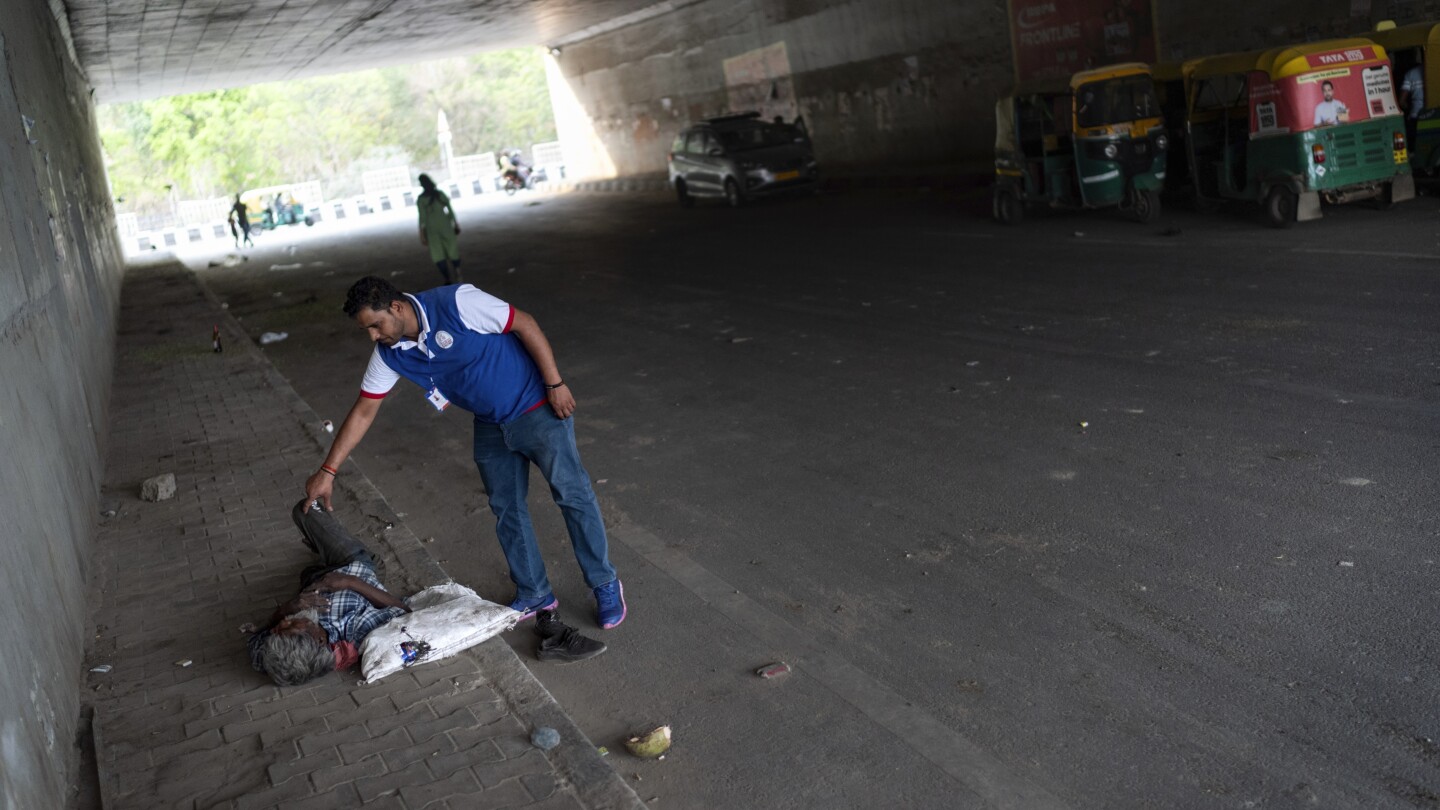They were found in gutters, on streets, in bushes. They were boarded on trains, deserted in hospitals, dumped at temples. They were sent away for being sick or outliving paychecks or simply growing too old.
By the time they reached this home for the aged and unwanted, many were too numb to speak. Some took months to mouth the truth of how they came to spend their final days in exile.
“They said, ‘Taking care of him is not our cup of tea,’” says Amirchand Sharma, 65, a retired policeman whose sons left him to die near the river after he was badly hurt in an accident. “They said, ‘Throw him away.’”
In its traditions, in its religious tenets and in its laws, India has long cemented the belief that it is a child’s duty to care for his aging parents. But in a land known for revering its elderly, a secret shame has emerged: A burgeoning population of older people abandoned by their own families.
This is a country where grandparents routinely share a roof with children and grandchildren, and where the expectation that the young care for the old is so ingrained in the national ethos that nursing homes are a relative rarity and hiring caregivers is often seen as taboo. But expanding lifespans have brought ballooning caregiving pressure, a wave of urbanization has driven many young far from their home villages and a creeping Western influence has begun eroding the tradition of multigenerational living.
Courtrooms swell with thousands of cases of parents seeking help from their children. Footpaths and alleys are crowded with older people who now call them home. And a cottage industry of nonprofits for the abandoned has sprouted, operating a constantly growing number of shelters that continually fill.



This is a pretty big deal in Indian culture. Respecting and listening to elders is actually a cornerstone, I’d say. At social events with potlucks, the young kids are always the first to eat, then the elders, then everyone else. It’s so ingrained in me that when I saw a young Indian kid mocking their grandmother I was utterly shocked.
However, this isn’t to say the children in this article are necessarily wrong to abandon their parents. It’s just some perspective on how big of a deal this is.
Although at the same time, I’ve noticed that second generation Indians (born to the parents who immigrated, like me) are taught a more traditional and conservative culture. The first generation Indians I’ve met seem a lot less traditional – hence why they’re probably more okay with abandoning their elders. It’s interesting sometimes how immigrants preserve their home culture and traditions better than their own home does. Granted, this isn’t the case with everything. There’s a lot of things where Indian kids who grew up in the West are far more liberal on.
… this is Indians in India, they’re not okay with it because they’re “first generation Indians” they’re like 10,000th generation Indians in their own country not America.
I never disagreed with that. I’m just offering my perspective as someone familiar with the cultural traditions.
I wouldn’t abandon my grandparents if something had happened and they needed a home… But I liked my grandparents. I like my parents. If your kid won’t let you live with them even if they can’t themselves take care of you, something else is going on besides selfishness.